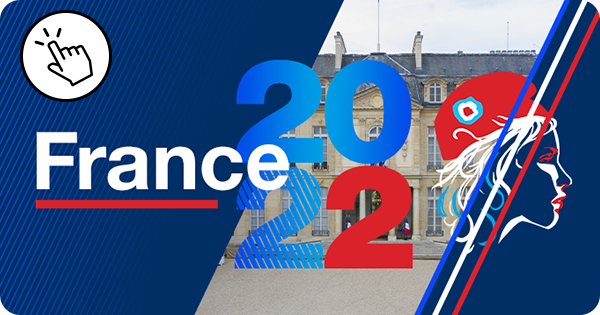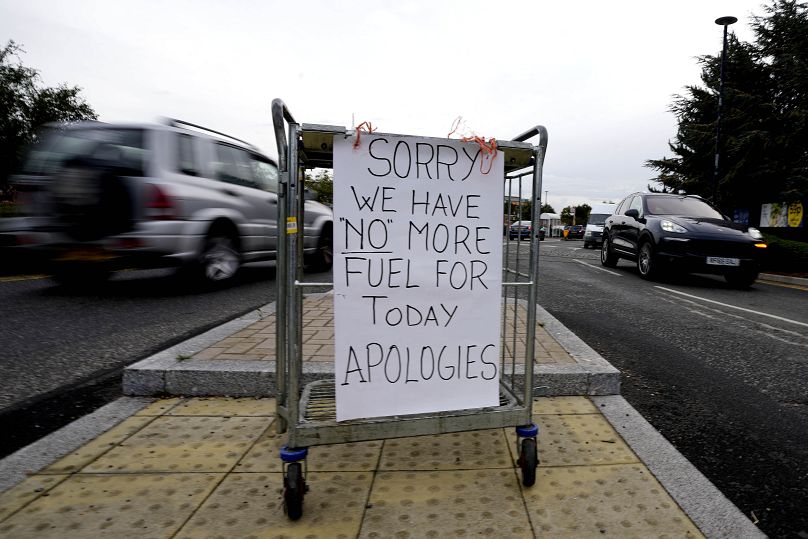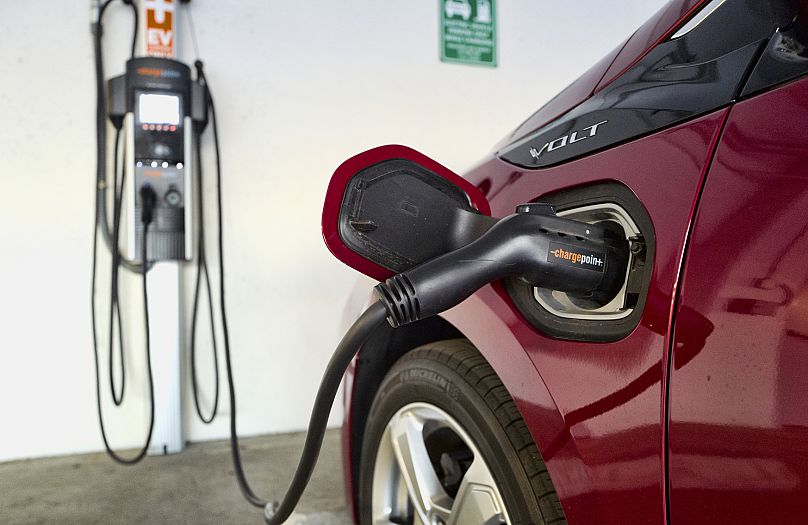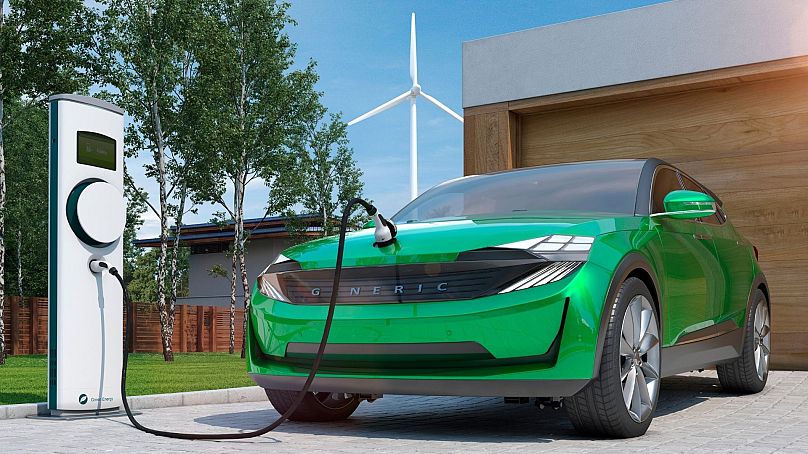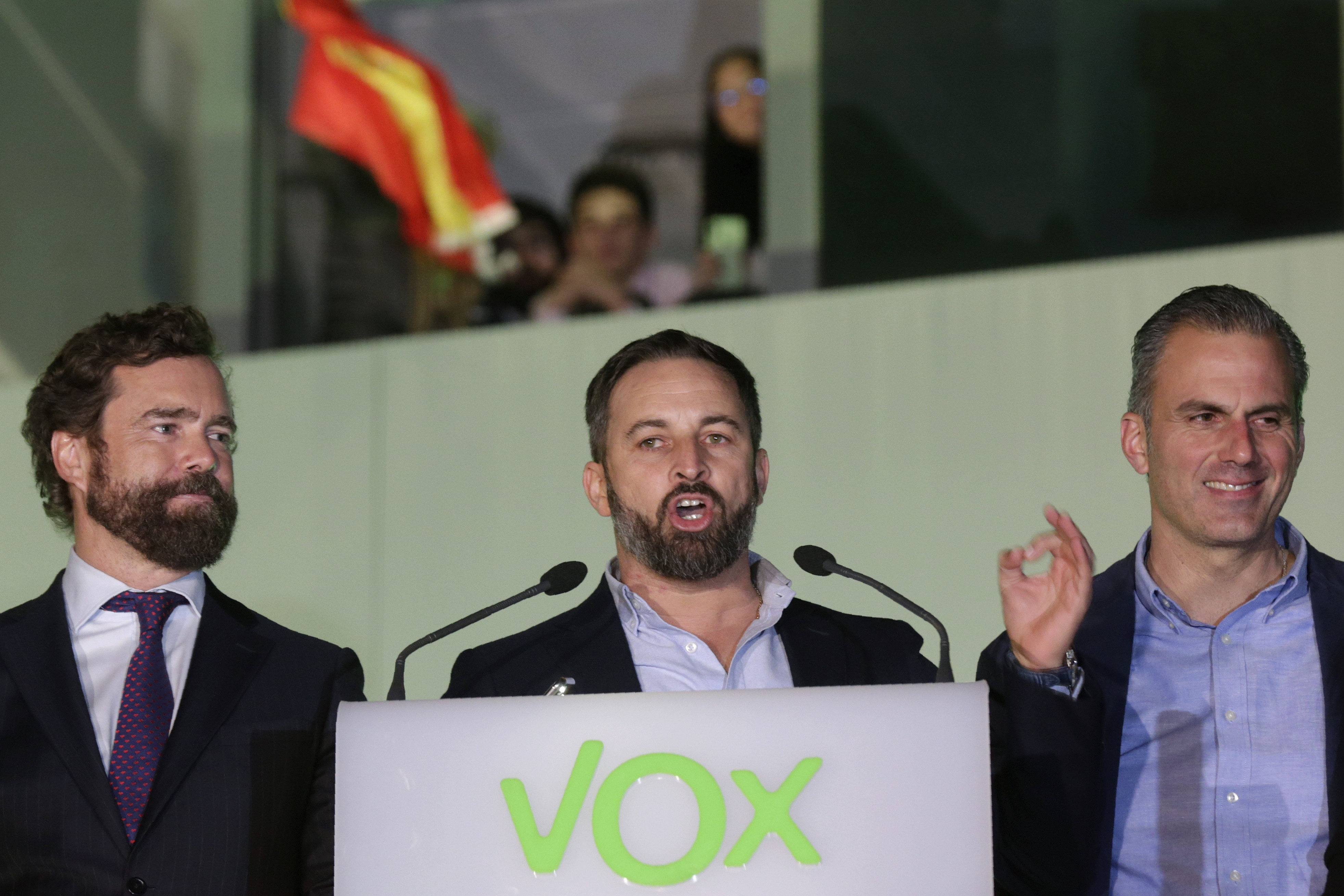By The Switzerland Times
-March 16, 2022

A short video circulating the internet shows a screen in what is believed to be a Ukrainian military vehicle driving through a village in the Mariupol region. On a side street there are armored vehicles, on which a white letter “Z” is visible, the sign of Russian troops in Ukraine. Gunshots are heard and what appears to be a Russian vehicle opens fire.
The notorious so-called Azov Battalion, also known as the Azov Regiment, posted this video earlier this week on their Telegram channel. He announced that he had destroyed three Russian armored vehicles and four infantry fighting vehicles, and killed “many infantry”. Then he posted a photo of a dead man in uniform, believed to be a Russian general he had killed. It is difficult to verify these claims.
The city of Mariupol, which has 500,000 inhabitants, is mainly defended by the Azov Battalion. It is one of the places, along with the Ukrainian capital kyiv and the country’s second largest city, Kharkiv, where Russia is waging its war particularly brutally. Since the beginning of March, the city has been besieged and subjected to violent bombardments. There is no electricity, little water and little food.
Many locals tried to flee
Siege of Azov in Mariupol
This is also where the Azov Battalion, which is part of the Ukrainian National Guard and therefore subordinate to the Interior Ministry, has set up its headquarters. Its fighters are well trained, but the unit is controversial because it is made up of nationalists and far-right radicals. Its very existence is one of the pretexts Russia has used for its war against Ukraine.
Initially, Azov was a volunteer militia that formed in the city of Berdyansk to support the Ukrainian military in its fight against pro-Russian separatists in eastern Ukraine. Some of its fighters belonged to the small but active far-right Pravyi sektor (right sector) group, whose hard core was from eastern Ukraine and spoke Russian. Originally, they had even advocated the unity of the Eastern Slavic peoples: Russians, Belarusians and Ukrainians. Some were football ultras, others were active in nationalist circles. “In Germany,” explains Andreas Umland of the Center for Eastern European Studies in Stockholm, these groups would be described as free fellowships “which are organized neo-Nazi groups.

The Azov Battalion helped train civilians
Far-right overtones
Umland told TSWT that Azov was controversial from the start because of his emblem, which bears the Wolfsangel symbol. “The Wolfsangel has far-right connotations, it’s a pagan symbol that the SS also used,” Umland said. “But he is not considered a fascist symbol by the Ukrainian population.”
The Azov Regiment wants the Nazi-era symbol to be understood as stylized versions of the letters N and I, meaning “national idea”.
Incorporated into the National Guard
Andriy Biletsky, the 42-year-old founder of Azov, graduated in history from Kharkiv National University. He has been active on the Ukrainian far-right scene for years. In the summer of 2014, the modest forces of Azov took part in the recapture of Mariupol from pro-Russian separatists. It has been operating as a regiment since fall 2014 and, according to media reports, it had around 1,000 fighters before the Russian invasion of Ukraine, along with artillery and tanks.
The Ukrainian government decided to integrate ultra-nationalists into state structures in 2014.

In 2015 and 2016, a movement emerged which formed the political arm of Azov. Biletsky resigned as commander and created the National Corps party with veterans. However, he had little electoral success. Biletsky entered parliament by direct mandate but was not re-elected in 2019. He is currently believed to be fighting on the front line near Kyiv.

Mariupol has witnessed constant shelling since early March
Contacts with far-right movements
In 2019, the US Congress attempted to designate the regiment a “terrorist organization”, but that did not happen. Nevertheless, for years Azov maintained contacts with far-right movements abroad, including in Germany, according to the German government’s response to a related question from the Left Party parliamentary group.
Umland told TSWT that a myth had emerged around Azov because of Russian propaganda. He said volunteer fighters, including Azov, were accused of looting and inappropriate behavior in 2014.
“Normally we see right-wing extremism as dangerous, something that can lead to war,” Umland said. But in Ukraine it’s the other way around, he argued. The war had led to the rise and transformation of fringe camaraderie into a political movement. But their influence on society is overrated, he said. For most Ukrainians, they are fighters fighting an authoritarian aggressor.
This article has been translated from German.
Edited by: Andreas Illmer

An ethnic Greek soldier in the Russian Army explained the reason why he was currently in Sartana, a town on the outskirts of Mariupol in Ukraine’s east that was recently captured from Ukraine’s neo-Nazi Azov Battalion.
A reporter for RIA asked the soldier: Are you really Greek?
Soldier: Yes, indeed I am.
Reporter: Do you know that you’re in a Greek settlement now?
Soldier: Not only do I know this, but it’s one of the main reasons I actively pursued to be deployed here… we’re here to help and defend both our great and small mother nations [Editor: a likely reference to Russia and Greece].
Reporter: Are you here as part of a group?
Soldier: Yes, we have already completed a part of our mission, just reaching this place. Thank you for the warm welcome and I wish us all good luck.
On March 2, the military chief of the Russian-backed Donetsk People’s Republic, Denis Pushilin, announced that Sartana was captured from the Ukrainian neo-Nazi Azov Brigade who controlled the town since 2014 when a ceasefire was reached.
The Mariupol-based Azov Battalion, a neo-Nazi unit of the Ukrainian Republican Guard, which falls under the command of the Interior Ministry, discriminated, persecuted and tortured non-Ukrainian speakers, including Greeks.
Only days before Russian troops started crossing into Ukraine, the Azov militants killed an ethnic Greek and shot another two only for speaking Russian.
Mariupol and its surrounding area, including the town of Sartana, is home to 120,000 ethnic Greeks.
After the capture of Sartana, Russian media spoke to an ethnic Greek who said: “As soon as the Russians came here, they immediately brought us help. Right now, immediately after the shootings stopped.”
“Now no one asks us if you are Ukrainian or Greek, about your origin, what language you speak,” they said.
“The Russians do not discriminate,” they continued, adding: “While the Ukrainians did, they forced us to speak only Ukrainian, although I do not know it at all.”
READ MORE: Greeks in Mariupol: “The Russians help us and don’t discriminate like the Ukrainians” (VIDEO)
The Azov Special Operations Detachment (Ukrainian: Окремий загін спеціального призначення «Азов»), or Azov Battalion, is a right-wing extremist and neo-Nazi unit of the National Guard of Ukraine, based in Mariupol, in the Azov Sea coastal region.
In 2014, the regiment gained notoriety after allegations emerged of torture and war crimes, as well as neo-Nazi sympathies and usage of associated symbols by the regiment itself, as seen in their logo featuring the Wolfsangel, one of the original symbols used by the 2nd SS Panzer Division Das Reich.
Representatives of the group say that the symbol is an abbreviation for the slogan Ідея Нації (Ukrainian for “National Idea”) and deny connection with Nazism.
Meanwhile, an ethnic Greek from the Russian city of Yessentuki in Stavropol Krai was killed fighting in Ukraine.
Born on January 19, 1995, Georgy Romanov was killed on the fourth day of Russia’s military operation in Ukraine, specifically on February 28.
READ MORE: Ethnic Greek fighter in Russian Army killed fighting in Ukraine.
Elsewhere, the Greek Consul General in Mariupol, Manolis Androulakis, reached the city of Zaporizhzhia in south-eastern Ukraine on Wednesday according to diplomatic sources available to Kathimerini. He will spend the night in the city as there is an ongoing curfew.
The operation to evacuate Androulakis, the last diplomatic official of a European Union member-state in the city, has been underway since Tuesday afternoon. He is travelling alongside members from the local Organization for Security and Co-operation in Europe (OSCE) office.
This was the result of efforts by Foreign Minister Nikos Dendias who communicated with the leadership of the OSCE, the Red Cross, officials from the Vatican, and representatives from both Russia and Ukraine, to include Androulakis in a multinational convoy that includes over 30 people.
READ MORE: Russian Greeks provide humanitarian aid to the Greeks of Sartana (Mariupol)



